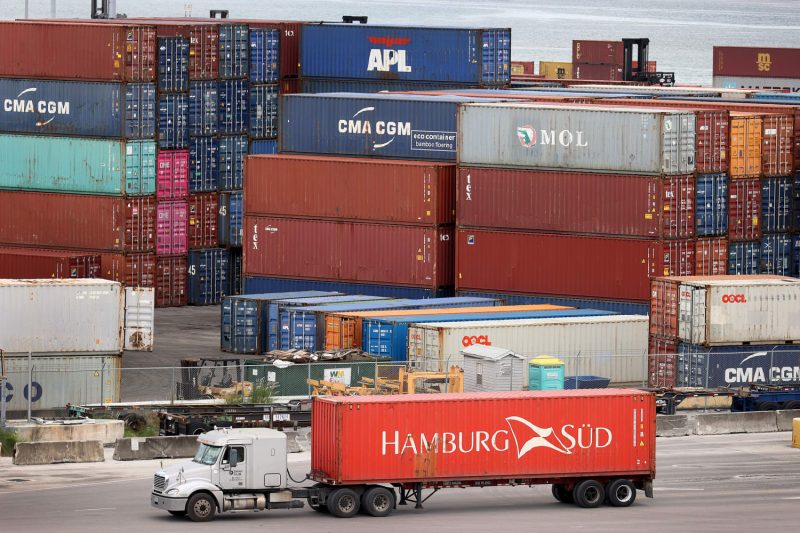In a highly interconnected global economy, the efficient movement of cargo plays a pivotal role in ensuring the smooth functioning of supply chains and meeting consumer demand. The looming threat of a strike by East Coast dockworkers has raised significant concerns among retailers who rely on the timely delivery of goods to satisfy their customers and uphold their profit margins.
The potential strike, which could affect major ports along the East Coast, has prompted retailers to initiate urgent measures to mitigate the potential disruptions to their operations. With billions of dollars’ worth of cargo at stake, retailers are under immense pressure to find alternative transportation solutions to circumvent the impact of a potential work stoppage.
One of the primary strategies being employed by retailers is the expedited movement of goods through alternative logistics routes and modes of transportation. By diversifying their supply chain networks and leveraging multiple transportation options, retailers aim to minimize the impact of any potential disruptions caused by the dockworkers’ strike.
Moreover, retailers are closely monitoring the situation and engaging in contingency planning to ensure they can respond swiftly and effectively to any developments that may arise. This proactive approach allows retailers to anticipate potential challenges and implement pre-emptive measures to safeguard their supply chains and maintain business continuity.
Additionally, retailers are exploring the possibility of rerouting cargo to West Coast ports or utilizing air freight services to bypass the potentially affected East Coast ports. While these alternative options may involve higher costs, retailers view them as necessary investments to prevent costly delays and avoid stockouts that could harm their bottom line.
Collaboration with logistics partners and industry stakeholders is also essential for retailers facing the threat of a dockworkers’ strike. By working closely with transportation providers, manufacturers, and other supply chain partners, retailers can leverage their collective expertise and resources to develop collaborative solutions that address the challenges posed by the potential disruption.
Overall, the proactive measures and strategic initiatives undertaken by retailers reflect the critical importance of effective supply chain management in navigating unforeseen disruptions and maintaining operational resilience. By prioritizing agility, flexibility, and collaboration, retailers can enhance their ability to adapt to evolving circumstances and safeguard the seamless flow of goods to meet consumer demand.

